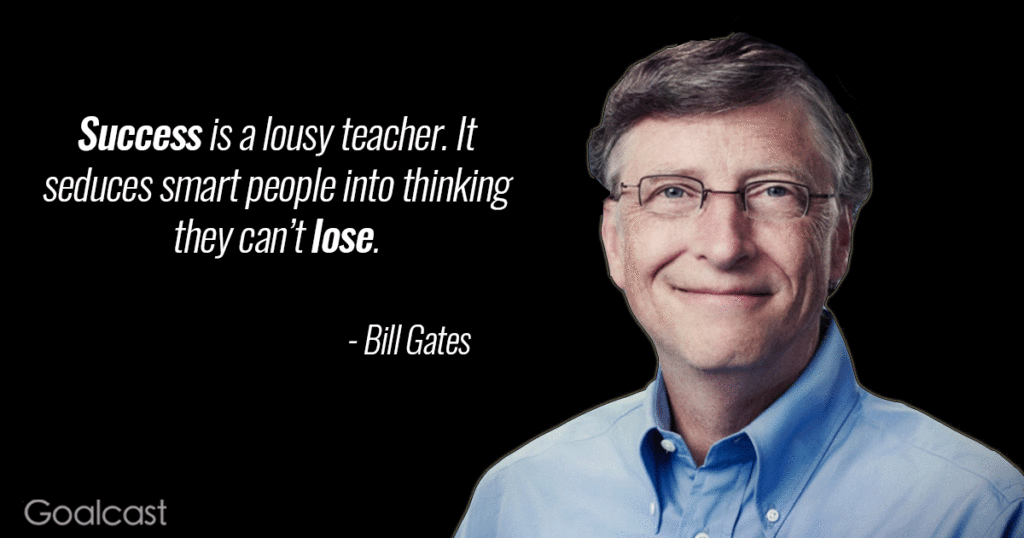The Richest and Their Investing Secrets – Bill Gates
For eighteen years in a row, Bill Gates was at the top of the list of the richest people in the world. The founder and CEO of Microsoft; even though he is clearly associated with the most popular operating system worldwide – Microsoft Windows – he has managed to increase his assets on investments completely unrelated to the IT industry. But what are Bill’s investment secrets?
- Gates wasn’t a born investor. He didn’t invest the first money he made, but… spent it on a new Porsche. When he was young, the future billionaire had a great passion for cars and fast driving. He was getting a lot of speeding tickets, which additionally depleted his funds.
- Most certainly, Gates was very lucky on his career path. He left college to devote himself to working in the computer industry – an area that was a great unknown back then. It’s crucial to realize that when Gates founded his company, the common idea about computers was completely different from what we witness today. People used to see the potential rather in designing machines and software for companies and the military, while personal computers were too costly and too primitive to reach a wider group of private customers.
- Strict business management methods have made Microsoft virtually a monopolist in the market. Pushing through an idea that an operating system should be produced as the basic one, sold along with most computers, played a major role here. As many games or programs were developed to work in a specific Microsoft Windows environment, the monopoly deepened along with every new software that could run only on Windows. Unlike Apple’s iOS, which was developed specifically for Apple’s hardware, Windows could be installed on virtually any computer, giving it a marketing and practical advantage.
- Gates has successfully increased his assets on the stock market for 30 years. But, you should have no illusions – the stocks of the companies from the technology and IT sectors are managed by well-paid people hired by Gates. However, this doesn’t mean that the billionaire himself doesn’t butt into the plans of his financial advisers – he’s known for his interest in the development of medicine and sciences, and research is the area in which he invests on his own.
- Investments personally managed by Gates are less profitable for him than those made by his advisers, but they can bring great benefits to humanity. Gates invests in research on genetic and infectious diseases which can contribute to the development of modern medicine. Such moves are risky from a perspective of investing, but the vast majority of development directions chosen by Gates generate return on investment thanks to patents and funds obtained from other investors.
- Gates has a keen interest in charity, especially on the African continent. Humanitarian aid funded by Gates provides basic sanitation, medicines and vaccines in a number of African countries. Bill Gates is also known for encouraging other privileged people, mostly billionaires, to engage in charity. It’s, among other things, thanks to Gates’ actions that polio has been eliminated from many areas of Africa and poor Asian countries.
- Gates believes we won’t need to kill animals for meat in the future. He has allocated a dozen or so million dollars to research into making laboratory meat from stem cells. At present, breeding this type of food isn’t very efficient and is really expensive, but if its costs are reduced, it will become an alternative to traditional animal breeding for slaughter. So maybe it’s a good idea to take an interest in investments in this area, isn’t it?
So, what was Gates’ strategy in managing the company? Above all, he adapted a proactive management approach, holding a managerial position until he decided it was time to step down and engage in charity. There are indications that he took deliberate action to monopolize the market, for which he was punished by a US court. Anyway, the aggressive strategy has paid off – Microsoft has been a tycoon in its sector for many years, leaving its competitors far behind.

